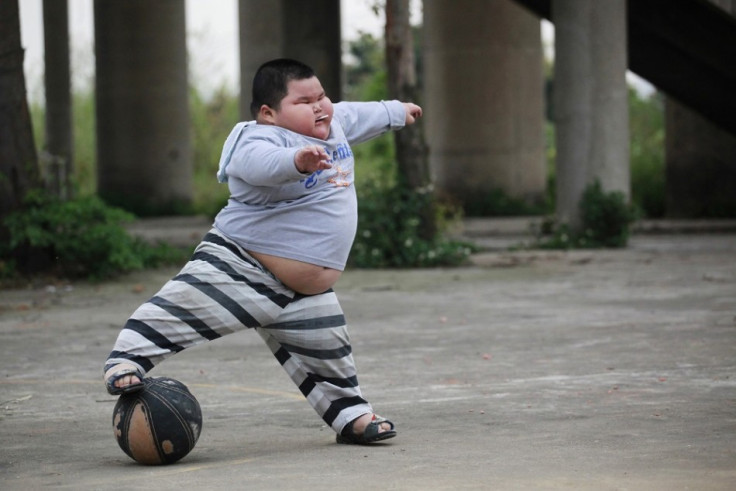Obese children's brains 'literally light up when eating sugar'

When obese children eat sugar they literally light up, scientists have found.
Published in the International Journal of Obesity, scientists found obese children have a heightened psychological reward in response to food, which could make them crave it more than others.
Researchers at the University of California, San Diego School of Medicine scanned the brains of 23 children between the ages of eight and 12 while they tasted a fifth of a teaspoon of sugary water.
Ten of the children were obese and 13 were a healthy weight according to their BMI. All were screened for factors that could influence results, such as having anxiety or ADAD, and all liked the taste of the sugar water.
The scans showed that obese children had heightened activity in their insular cortex and amygdala – areas of the brain involved in emotion, awareness, taste, motivation and reward.
First author Kerri Boutelle said: "The take-home message is that obese children, compared to healthy weight children, have enhanced responses in their brain to sugar.
"That we can detect these brain differences in children as young as eight years old is the most remarkable and clinically significant part of the study."
Research suggests that children who are obese are between 80% and 90% likely to become obese adults.
"Any obesity expert will tell you that losing weight is hard and that the battle has to be won on the prevention side," Boutelle said. "The study is a wake-up call that prevention has to start very early because some children may be born with a hypersensitivity to food rewards or they may be able to learn a relationship between food and feeling better faster than other children."
© Copyright IBTimes 2024. All rights reserved.























